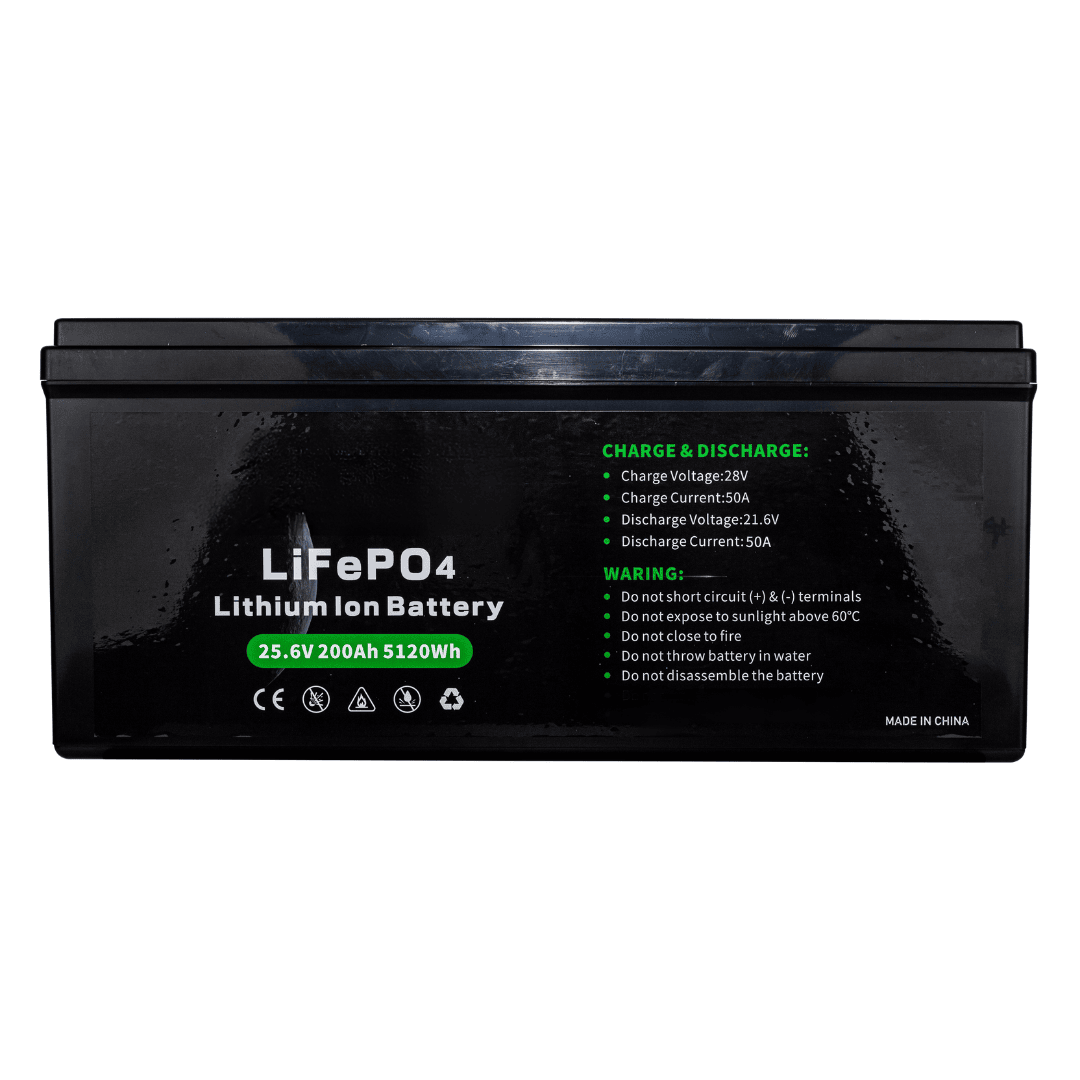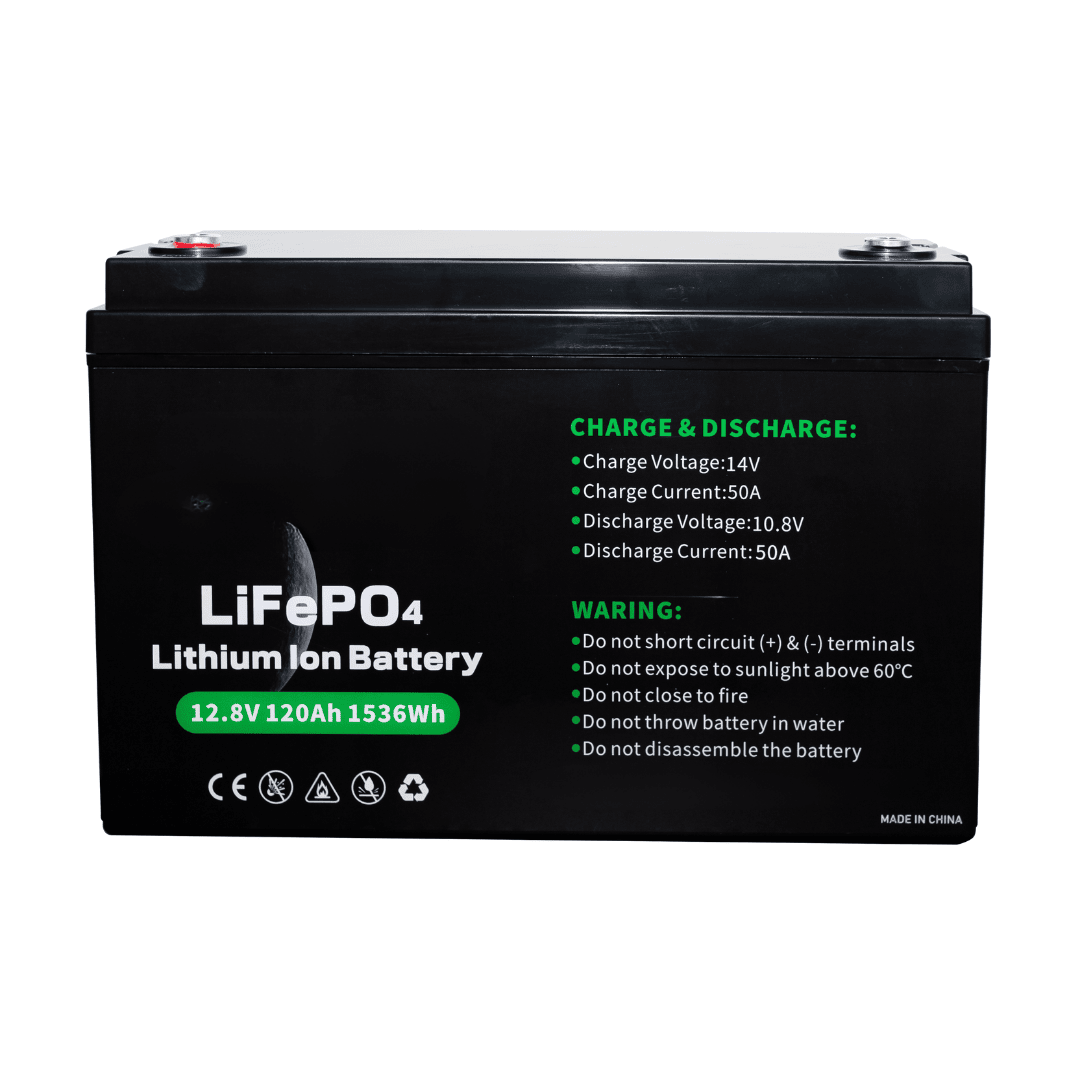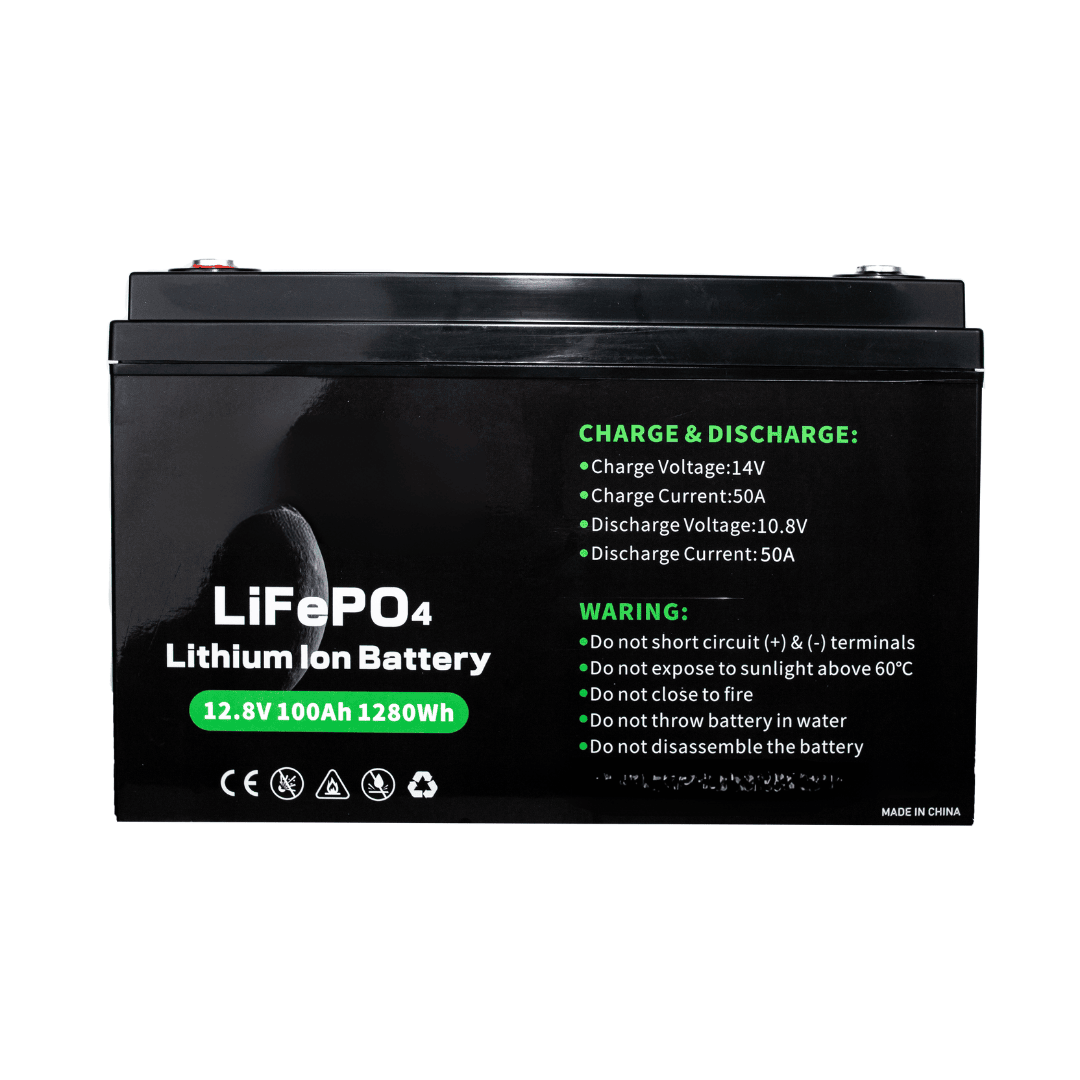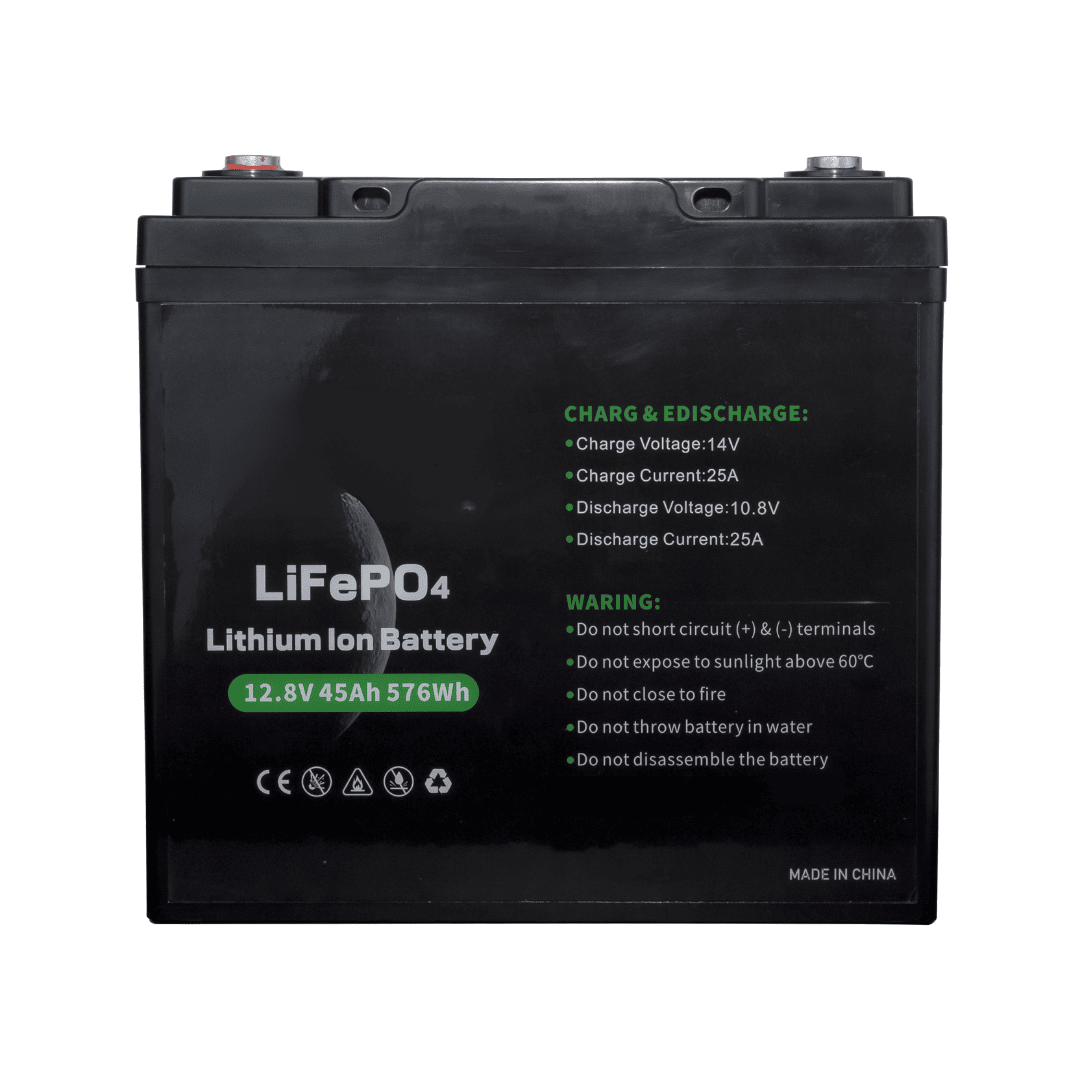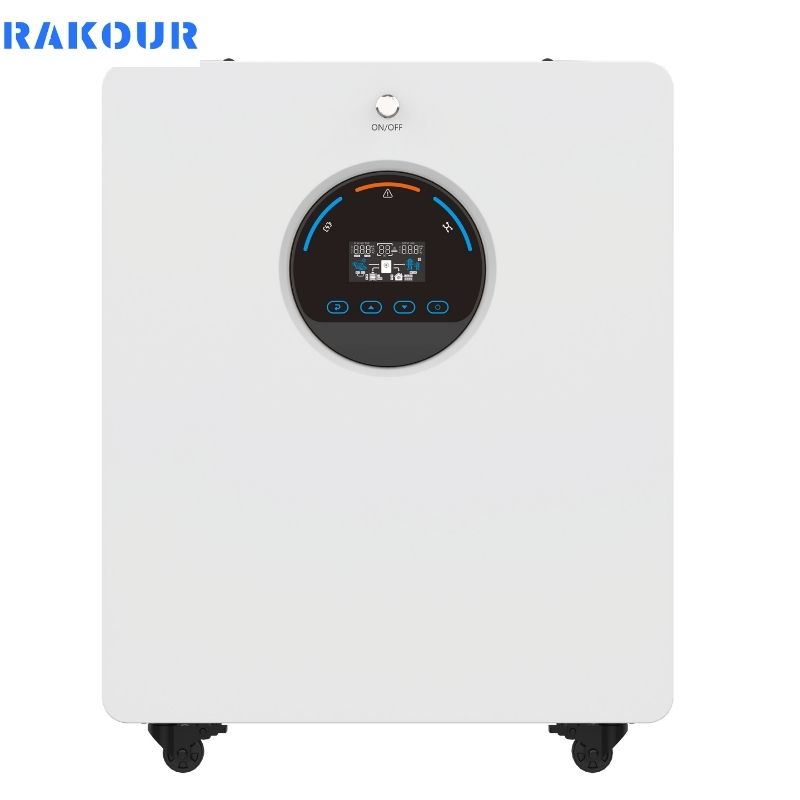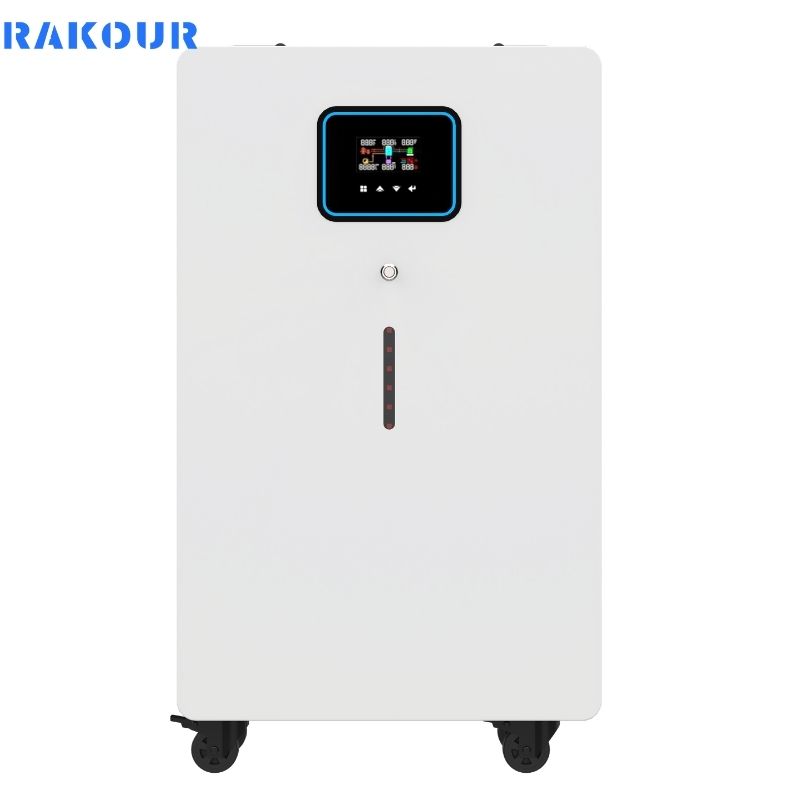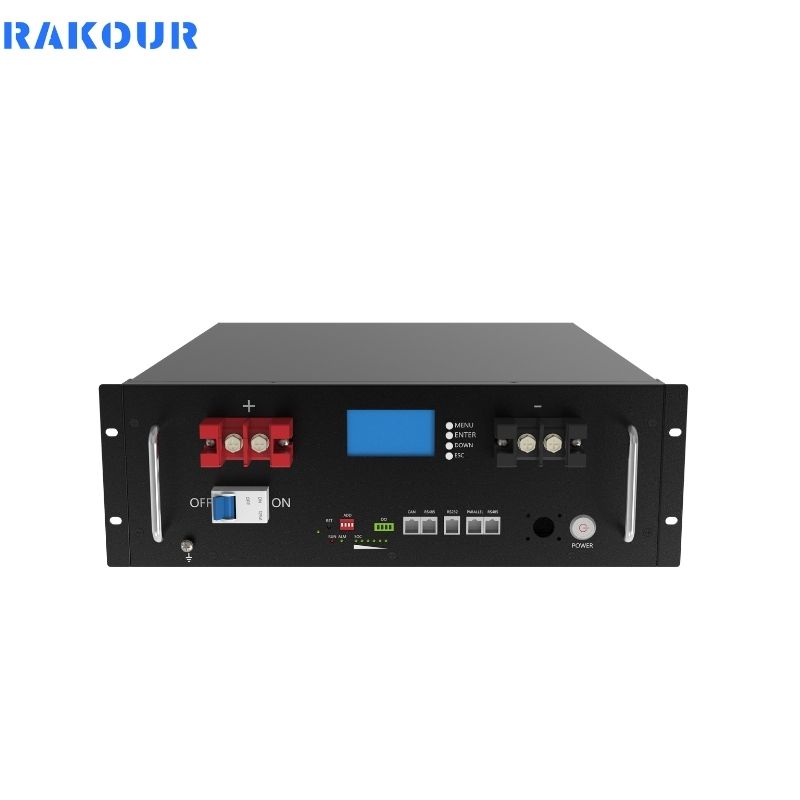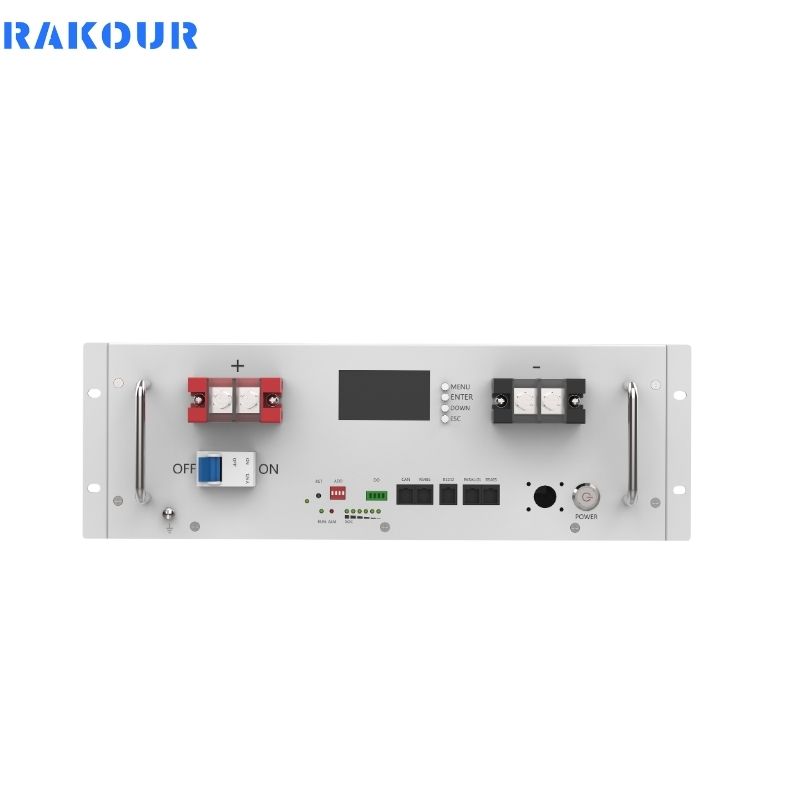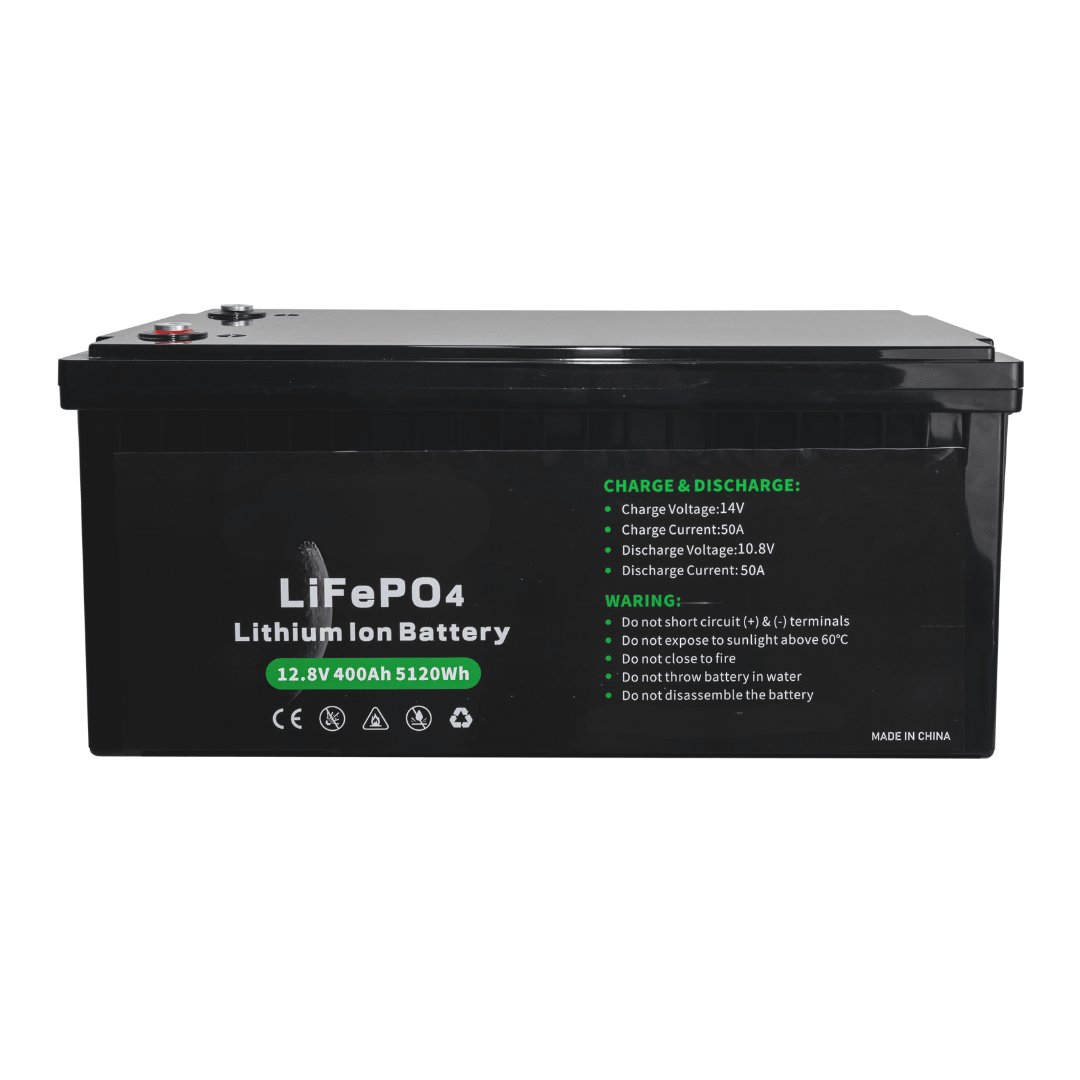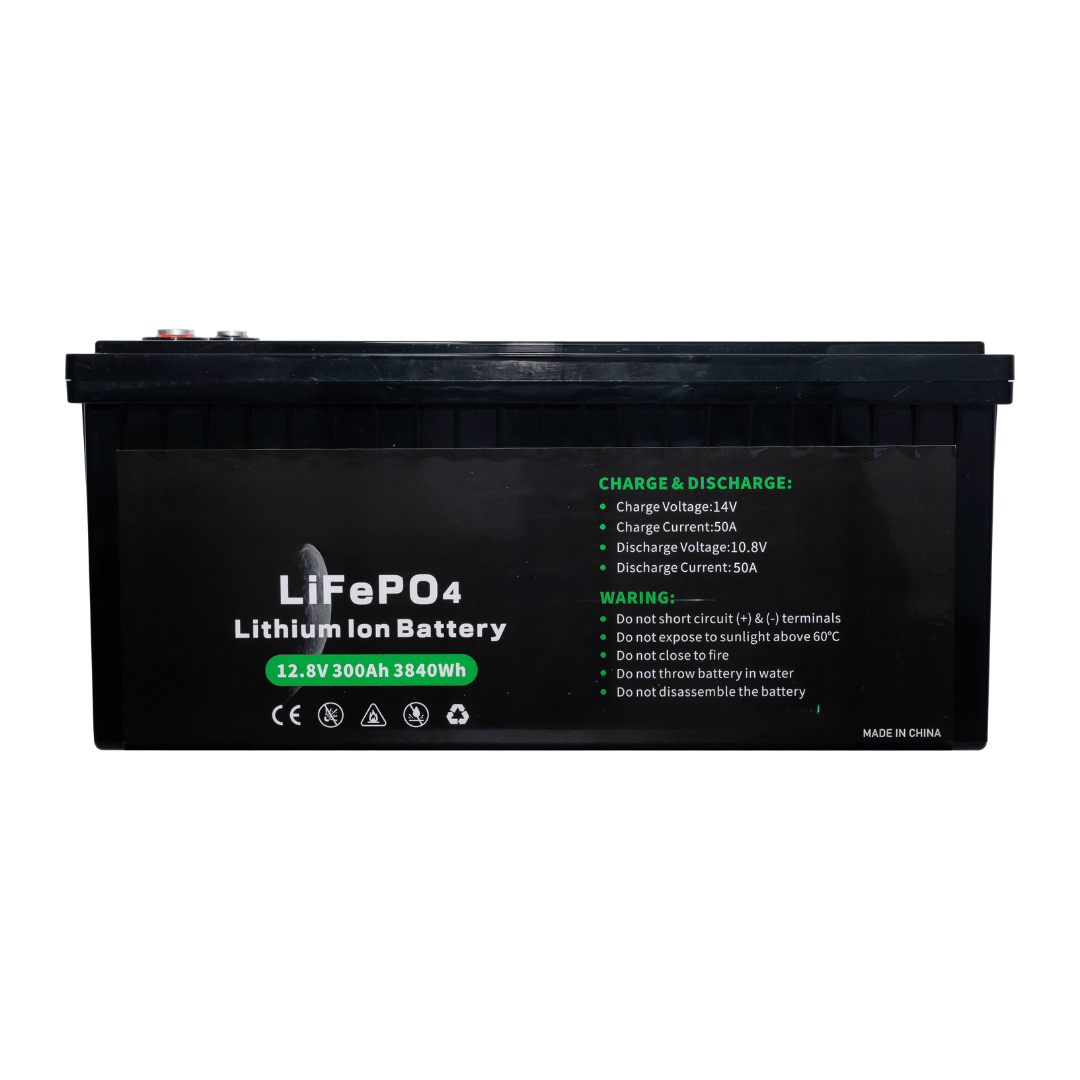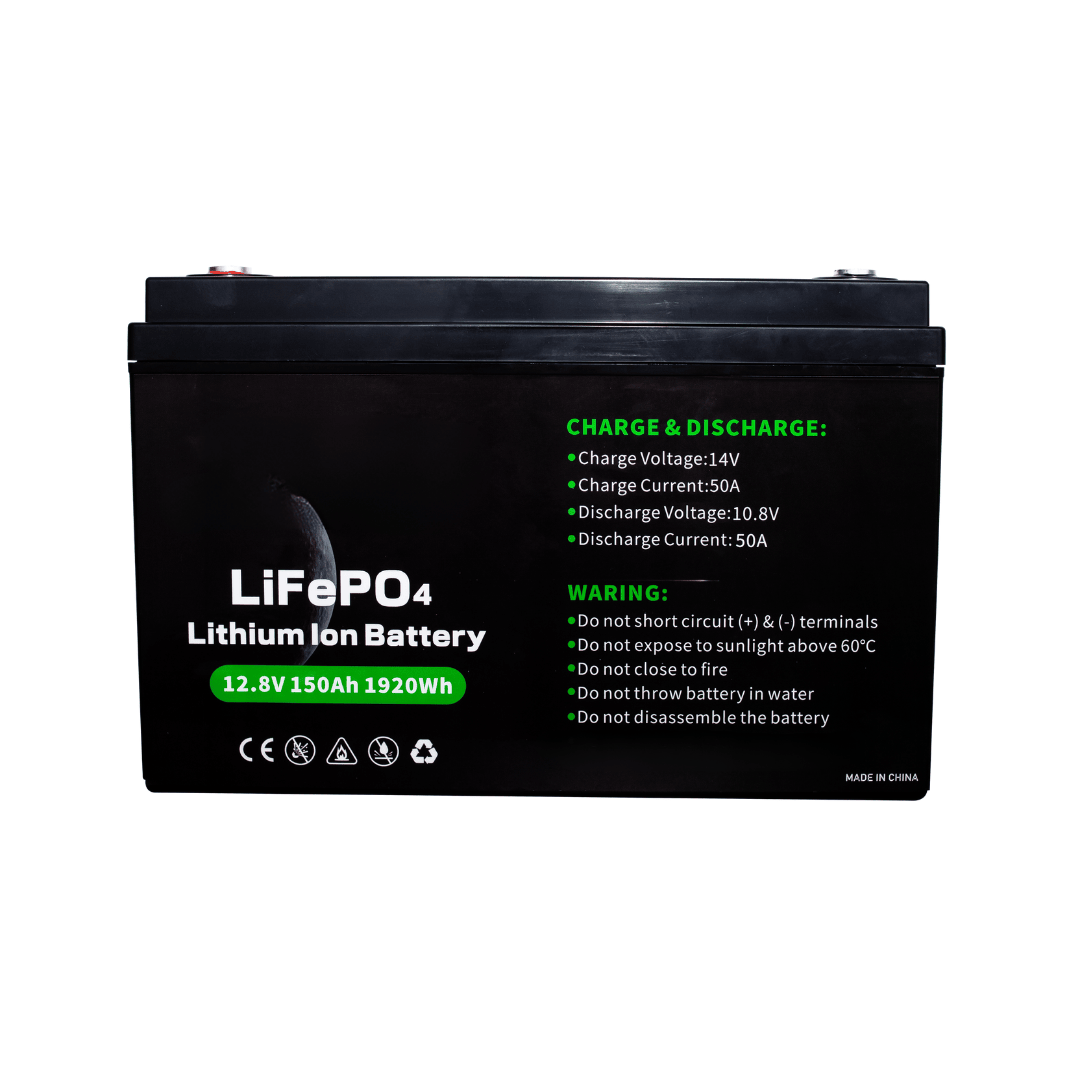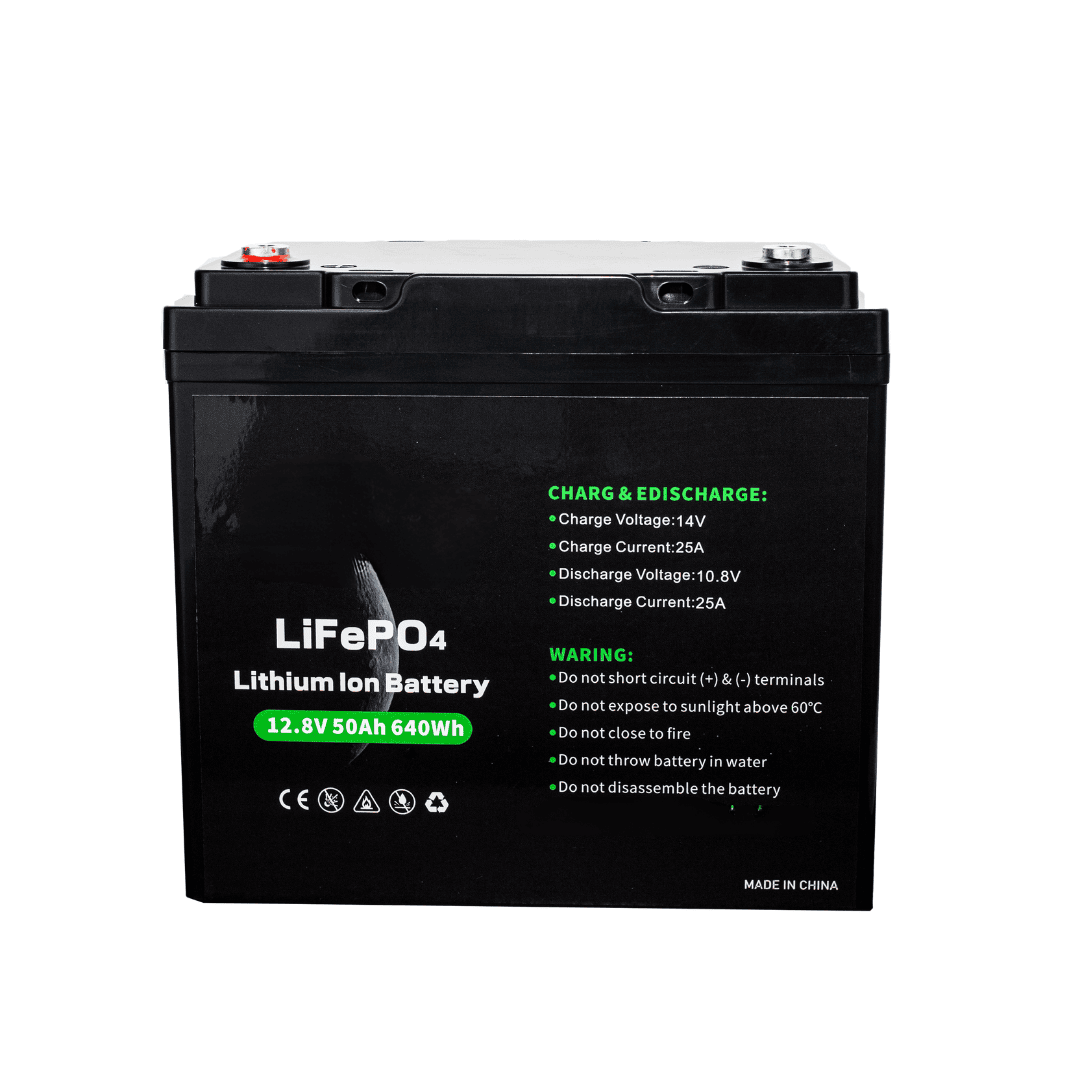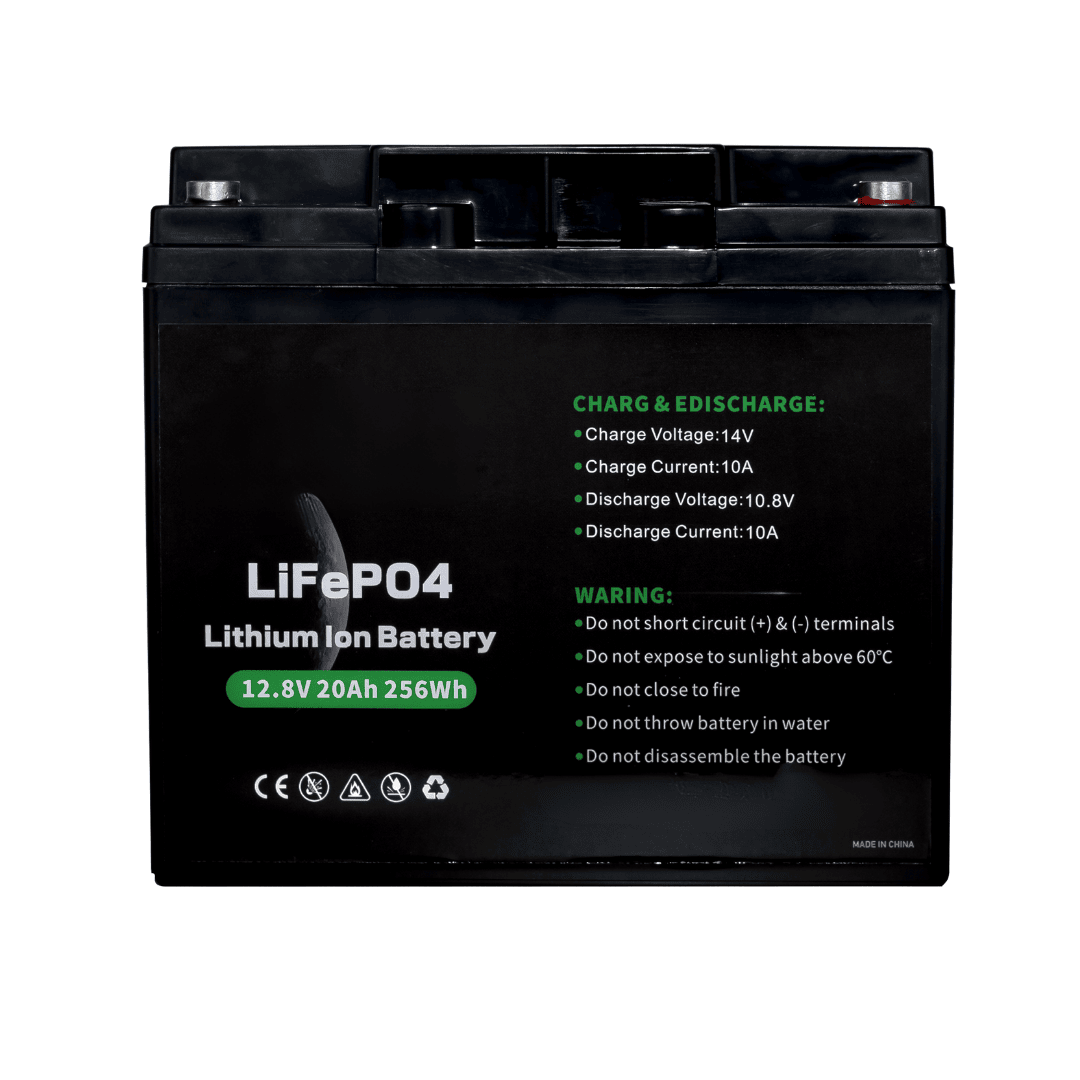Introduction
In today’s fast-paced world, the demand for efficient and reliable power solutions is more critical than ever. Among the various options available, the 12V lithium battery has emerged as a game-changer, particularly in applications requiring portable energy sources. These batteries not only outperform traditional lead-acid batteries but also offer a range of benefits that make them indispensable in modern technology. This blog aims to provide an expert overview of 12V lithium batteries, focusing on their advantages, types, safety features, applications, and future trends in battery technology.
The significance of lithium technology cannot be overstated. As we explore this topic, we will highlight key aspects that make these batteries essential for various applications—from solar energy systems to electric vehicles. With their impressive specifications and robust performance, 12V lithium batteries are revolutionizing how we think about energy storage and efficiency.
Understanding the Basics
A. What is a 12V Lithium Battery Pack?
A 12V lithium battery pack is a rechargeable energy storage solution designed to deliver consistent power over extended periods. Unlike traditional batteries that provide quick bursts of energy, these deep cycle batteries are engineered for endurance and reliability, making them ideal for applications requiring sustained power output, such as RVs and marine vessels.
B. Key Components and Their Functions
The main components of a 12V lithium battery pack include:
- Cells: The fundamental units that store energy; typically constructed from lithium-ion or lithium iron phosphate (LiFePO4), known for their stability and safety.
- Battery Management System (BMS): A critical component that monitors battery health, manages charging cycles, and ensures safety by preventing overcharging and overheating.
C. Comparison with Traditional Lead-Acid Batteries
When comparing 12V lithium batteries to traditional lead-acid batteries, several key differences emerge:
| Feature | 12V Lithium Battery | Lead-Acid Battery |
|---|---|---|
| Energy Density | High | Low |
| Lifespan | 2,000 – 5,000 cycles | 300 – 500 cycles |
| Weight | Lightweight | Heavier |
| Charging Speed | Fast | Slow |
| Maintenance | Low | High |
These differences underscore why users are increasingly transitioning to lithium technology for their power needs.
Benefits of Using a Lithium Battery Pack
A. High Energy Density
One of the most notable features of 12V lithium batteries is their high energy density, which allows them to store more energy in a smaller footprint compared to lead-acid batteries. This characteristic is particularly advantageous in applications where space is limited, such as in electric vehicles or portable power stations.
B. Long Lifespan and Cycle Life
Lithium-ion batteries are renowned for their longevity, often lasting between 3,000 to 5,000 cycles with proper maintenance. This durability translates into lower replacement costs over time, making them a cost-effective choice for consumers who prioritize long-term investments.
C. Lightweight and Portable Design
The lightweight nature of 12V lithium batteries significantly enhances their portability, making them easier to handle and install in various applications. This weight advantage is crucial for users who require reliable power solutions on the go—be it in RVs or during outdoor adventures.
D. Fast Charging Capabilities
Unlike traditional lead-acid batteries that can take hours to charge fully, 12V lithium batteries can reach full capacity in a fraction of the time—often under two hours. This rapid charging capability minimizes downtime and enhances user convenience, especially in emergency situations where quick recharging is essential.
E. Low Maintenance Requirements
With no need for regular water top-ups or maintenance checks, lithium batteries offer a hassle-free experience for users. This low-maintenance characteristic is particularly appealing for those who prioritize ease of use and reliability.
F. Environmental Considerations
As consumers become more environmentally conscious, the eco-friendly nature of lithium technology becomes increasingly important. These batteries contain no harmful lead or acid, making them a safer choice for both users and the environment.
If you’re considering upgrading your power solutions with a high-quality 12v 100ah lithium battery, reach out to us today! Our team at Rakour Battery is ready to assist you in finding the perfect battery for your needs—Contact Us.
Safety Features and Considerations
A. Importance of Safety Features
Safety is paramount when dealing with any battery technology, especially with lithium-ion variants that can pose risks if not handled properly. Key safety features include:
- Overcharge protection
- Thermal management systems
- Pressure relief valves (UL Research Institutes)
B. Common Safety Concerns and How to Mitigate Them
To ensure safe operation:
- Always use chargers specifically designed for lithium batteries.
- Store batteries in cool, dry environments to prevent overheating.
- Regularly inspect for signs of damage or wear (Battery University).
By following these guidelines, users can significantly reduce risks associated with lithium battery usage.
Charging and Maintenance
A. Choosing the Right Charger
Using the correct charger is crucial for maintaining your 12V lithium battery pack:
- Ensure compatibility with lithium technology.
- Look for multi-stage charging capabilities that optimize battery health (Clean Energy Institute).
B. Best Practices for Charging and Maintaining Your Battery Pack
To maximize performance:
- Avoid overcharging by disconnecting once fully charged.
- Store at around 50% capacity if not used frequently to prolong lifespan.
C. Troubleshooting Common Issues
Common issues may include reduced capacity or overheating during charging; addressing these early can prevent further damage and ensure longevity.
Applications of the 12V Lithium Battery Pack
A. Use in Solar Energy Systems
One significant application of the 12V lithium battery pack is in solar energy systems where they store excess energy generated by solar panels for later use—ensuring reliability even when sunlight isn’t available (Stanford News).
B. Applications in Automotive and Marine Sectors
In automotive contexts, these batteries power auxiliary systems such as lights and infotainment units while being lightweight enough to enhance fuel efficiency—making them ideal for electric vehicles.
C. Portable Power Solutions for Outdoor Activities
For outdoor enthusiasts, 12V lithium batteries provide reliable power sources for camping equipment, electric bikes, and other portable devices—enabling adventure without sacrificing performance.
Future Trends in Lithium Battery Technology
A. Innovations in Performance and Sustainability
As technology advances, we can expect improvements in energy density and charging speeds through innovations like solid-state batteries which promise enhanced safety and longevity—potentially revolutionizing how we use stored energy (Stanford News).
B. The Role of Lithium Technology in Renewable Energy
With increasing reliance on renewable sources like solar and wind power, advancements in lithium battery technology will play a pivotal role in effective energy storage solutions—making sustainable living more accessible than ever before (Clean Energy Institute).
Types of Lithium Batteries
A. Overview of Different Types
There are several types of 12V lithium batteries, each with unique characteristics suited for specific applications:
- Lithium Iron Phosphate (LiFePO4): Known for safety and stability; commonly used in solar energy systems due to its thermal stability (Battery University).
- Lithium Nickel Manganese Cobalt Oxide (NMC): Offers high energy density; often found in electric vehicles where performance is critical.
- Lithium Cobalt Oxide (LCO): Provides excellent performance but shorter lifespan; typically used in consumer electronics like smartphones.
- Lithium Manganese Oxide (LMO): Known for thermal stability; used in medical devices and power tools where reliability is paramount.
B. Applications for Each Type
Understanding the different types of lithium batteries helps users select the right one based on their specific needs—be it for automotive use, renewable energy systems, or portable electronics.
If you have specific requirements or need assistance selecting the right 12v 100ah lithium ion battery for your application, don’t hesitate to Contact Us. Our experts are here to help you make an informed decision!
recommended reading
Conclusion
In summary, the advantages of using a 12V lithium battery pack are clear: from their high energy density and long lifespan to fast charging capabilities and low maintenance requirements—these batteries represent the future of portable power solutions across various industries including automotive and renewable energy sectors. As industries continue to prioritize efficiency and sustainability, it’s evident that lithium technology will remain at the forefront of energy storage innovations moving forward.
Learn How RAKOUR Can help you deploy
future-proof energy
Our team of energy storage experts will take the time to fully understand your business, challenges , and opportunities.

How long does a 12 volt deep cycle marine battery last
The lifespan of a 12-volt deep cycle marine battery is influenced by various factors, including

Are lithium batteries good for golf carts?
The article discusses the benefits of the 48V lithium golf cart battery, highlighting its longer

Maximizing Li Ion Battery Lifespan
Explore effective strategies for maximizing the lifespan of li ion batteries, focusing on best practices,

How Long Do Golf Cart Batteries Last?
Golf cart batteries, crucial for vehicle performance, have varying lifespans influenced by type, usage, and

How long will a 12V 100Ah lithium battery last?
12V 100Ah lithium battery, with a capacity of 1200 watt-hours, can power various devices depending

Battery Packs Lithium: Best Options for RV Owners
When it comes to powering your RV, selecting the right battery packs lithium is essential
FAQs



